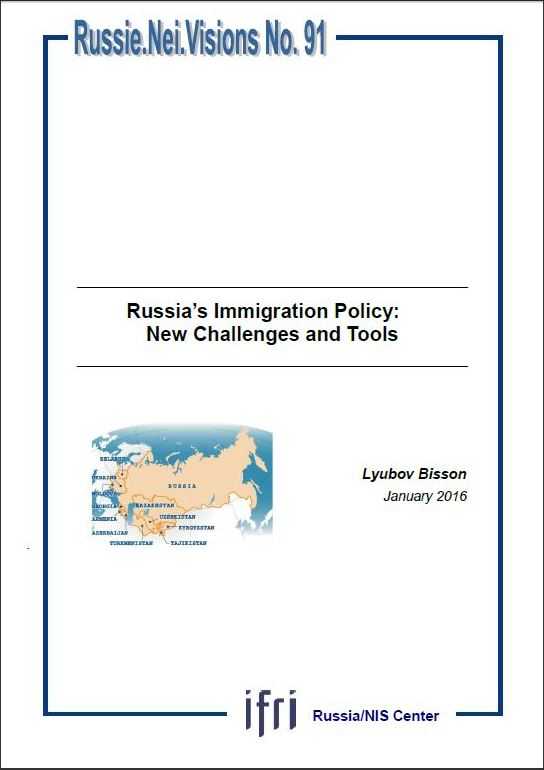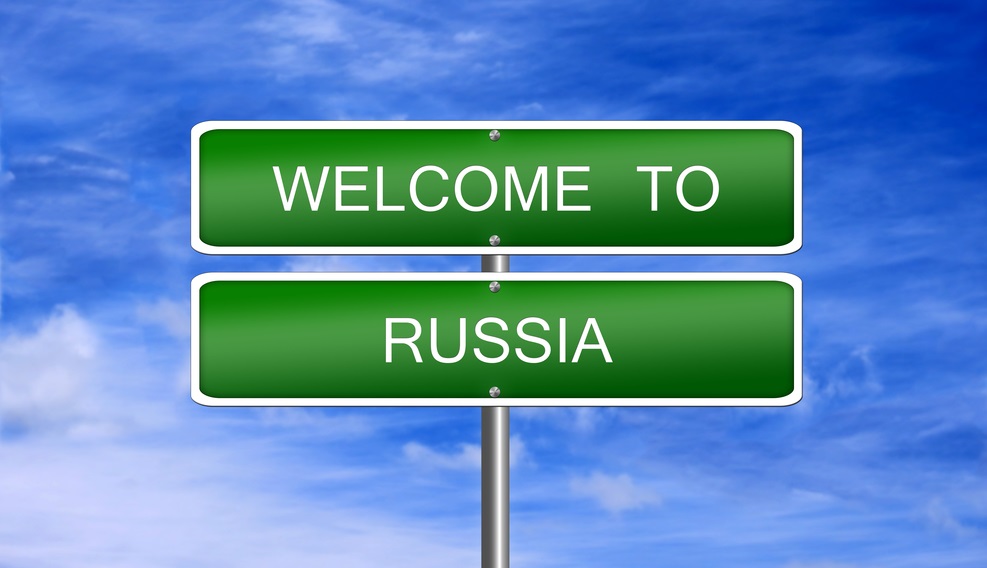Russia’s Immigration Policy: New Challenges and Tools

A new stage in the development of Russia's migration policy is upon us. Since 2010, legal amendments and the Concept of Migration Policy of the Russian Federation to 2025, adopted in June 2012, marked a clear change in how migration flows are regulated, the aim being now to maximise the economic benefit of labour migration.

The introduction of a system of licenses and new rules which make it easier for highly qualified foreign specialists to find a job are undoubtedly positive developments for Russian immigration policy. Nevertheless, Russia remains unattractive to skilled workers and students.
The current state of the Russian economy calls for temporary migration of labour into advanced innovative fields as well as into such areas as construction, services and manufacturing industry. The Commonwealth of Independent States (CIS) serves as the main source of foreign manpower and a visa-free regime exists between CIS countries and Russia. Inevitably, the progress of Eurasian integration and the expansion of the Eurasian Economic Union will impact upon Russia’s migration system significantly. Eventually, Russia's migration policy will depend on the state of Russian economy in the decade to come.
Lyubov Bisson is a research fellow at the Department of European Integration Studies, Institute of Europe, at the Russian Academy of Sciences (IE RAS) in Moscow. A graduate from the Moscow Institute of International Relations (MGIMO, Russian MFA), she completed her Bachelor’s degree in political science in 2007 and in 2009, she was awarded a Master degree in “European Studies”. In 2015, she defended her PhD thesis. Her research interests include: European integration, the immigration policies of the EU and its member states, Russian immigration policy, the integration of immigrants, and national identity.

Available in:
Regions and themes
ISBN / ISSN
Share
Download the full analysis
This page contains only a summary of our work. If you would like to have access to all the information from our research on the subject, you can download the full version in PDF format.
Russia’s Immigration Policy: New Challenges and Tools
Related centers and programs
Discover our other research centers and programsFind out more
Discover all our analysesRussia's Asia Strategy: Bolstering the Eagle's Eastern Wing
Among Russia’s strategic priorities, Asia traditionally played a secondary role compared to the West. In the mid-1990s, then Foreign Minister Yevgeny Primakov initiated a rapprochement with China and India. Then, in 2014, deteriorating relations between Russia and the West prompted Moscow to begin its “great pivot to the East”.
Kazakhstan After the Double Shock of 2022: Political, Economic and Military Consequences
The year 2022 represented a dual shock for Kazakhstan. In January, the country faced its most severe political crisis since independence, followed in February by Russia’s full-scale invasion of Ukraine, which cast uncertainty over the borders of post-Soviet states. These consecutive crises profoundly shaped Kazakhstan’s domestic and foreign policy.

How the Russian Army Changed its Concept of War, 1993-2022
The traditional and high-intensity war that has occurred in Ukraine since Russia decided to invade raises a key issue: did post-soviet Russian strategic thought really prepare Russia for waging this war?
Russia's Nuclear Deterrence Put to the Test by the War in Ukraine
From the outset of its “special military operation” (SVO) against Ukraine on February 24, 2022, Russia, which possesses one of the world’s largest nuclear arsenals, has adopted aggressive deterrence measures and a resolutely menacing rhetorical stance.










